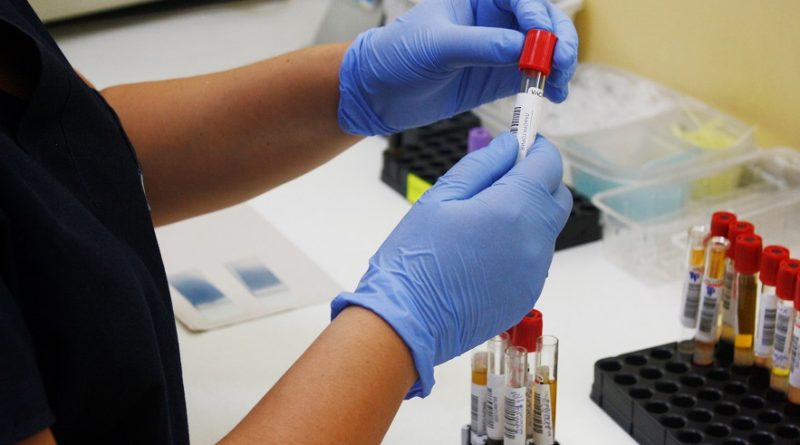Blood tests are commonly used in the medical field for various diagnoses. If a physician, for instance, wants to conduct a general assessment of your health or to confirm the possibility of a particular genetic condition in your body, they would take your blood samples for a blood test. The blood would then be taken through a series of processes that require great care and precision hence the need for high-value laboratory equipment mostly produced and supplied by corporations like PHC Europe.
Every time you visit the hospital for a blood test, do you ever wonder what goes on with it right from when it is drawn to when you receive the results? Well, you should. Blood tests are important information as they will not only build your awareness of the subject but also ensure you know how long your blood test will take.
The following detailed steps will show how delicately your blood tests will be kept and treated once they are drawn.

Corporate Wellness App
CircleCare
Obtaining the Blood Samples
This is where the phlebotomist – a lab expert specializing in blood tests, uses a small needle to draw blood, mostly from your arm vein. The blood is then stored in a test tube and transferred to a lab. This step may vary from patient to patient.
Some tests may require blood from arteries instead of veins, while others use finger or heel pricking to draw blood. Blood samples are then transferred to the hospital as soon as possible.
Lab Examination
The lab examination of blood samples will be determined by the type of blood test required for a particular sample. For blood cultures, for instance, once the test tubes or bottles arrive at the lab, they are placed on a BD Bactec FX to monitor any traces of bacterial growth under a microscope closely. Suppose bacteria is detected in any of the samples. In that case, that sample is submerged in a non-selective media – a process referred to as a Gram stain performance.
The result of the Gram stain process will establish whether you have a bacterial blood infection, and you will then be started on an antimicrobial dose. Other blood samples can be taken through immunoanalyzers, lab equipment found in the lab’s automated section, and the serology department. Your test may take 12 -24 hours or even days, depending on the processes required to complete a test.
Blood Test Results
Different hospitals have their unique styles of result transmission. The results will be announced to you via word of mouth for a non-complicated blood test whose results can be obtained in less than 24 hours. Most blood test results are initially transmitted electronically using EPR SunquestICE.
Other results may be phoned both to the patient and the physician. You should, however, note that you will never receive your test results directly from lab staff.
To Sum Up
Routine blood tests are highly recommended. It is important to constantly be in a state of awareness on matters of personal health. Most clinicians prefer blood samples to prevent any possibility of a misdiagnosis, given their 100% accuracy level.
The next time you find yourself in a hospital for a blood test, ask what type of test will be run on your blood samples and how long it will take; thus, stay in the know.








